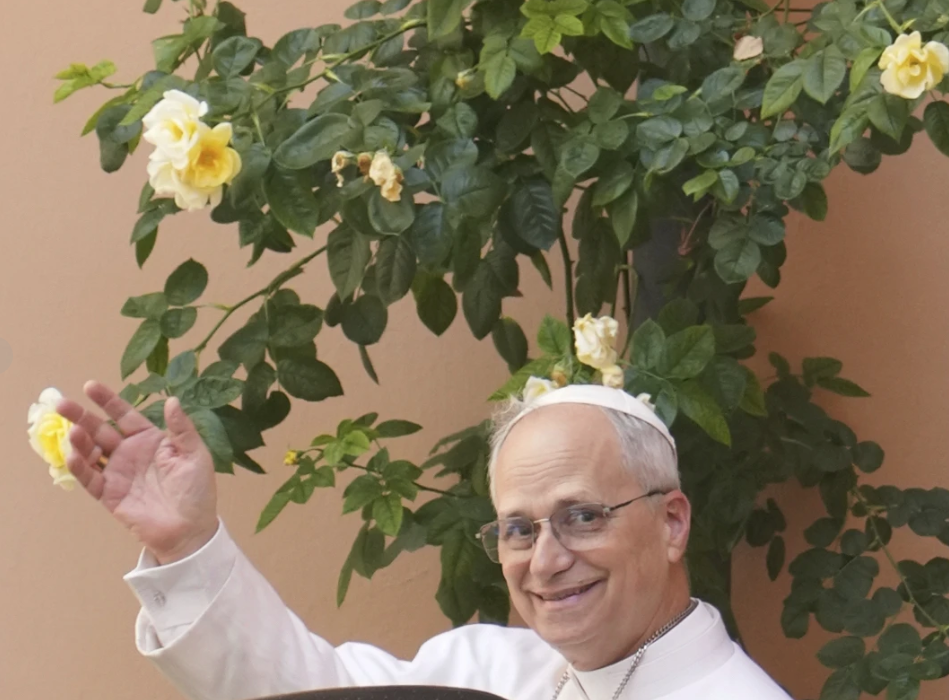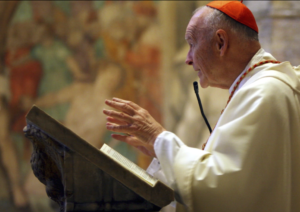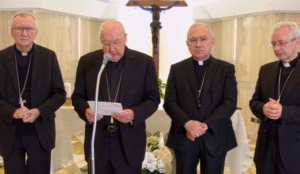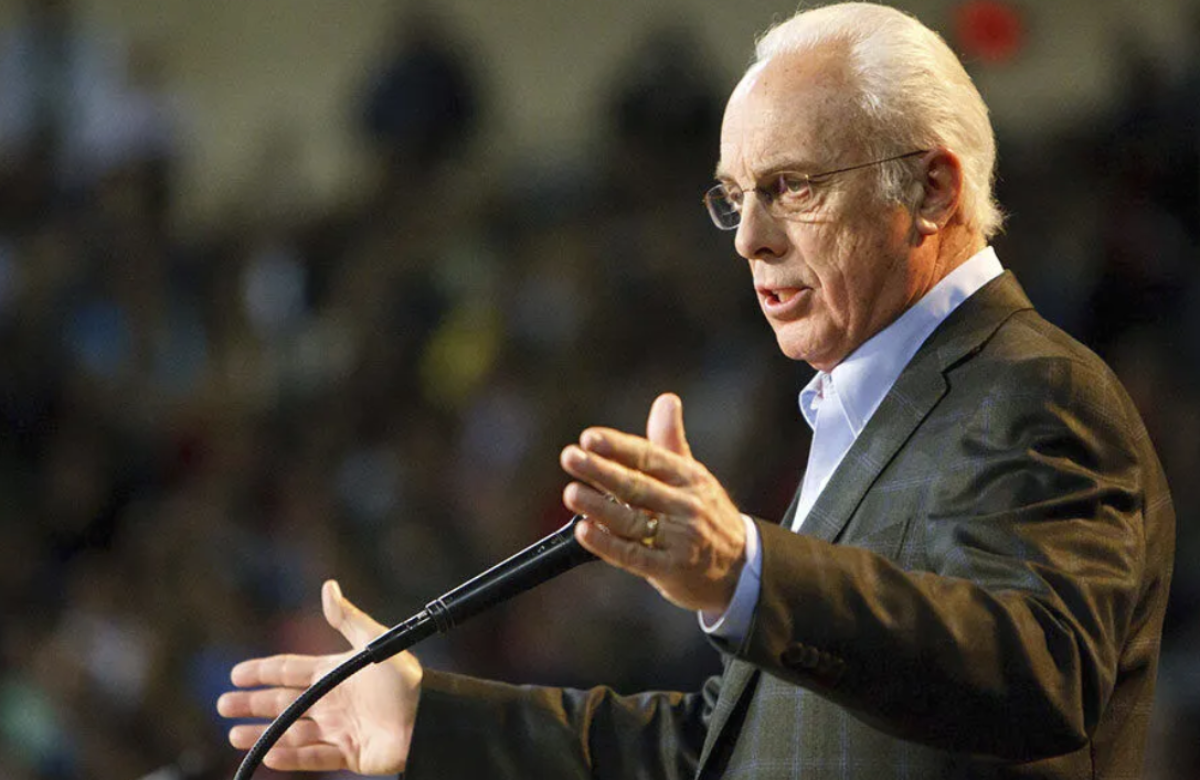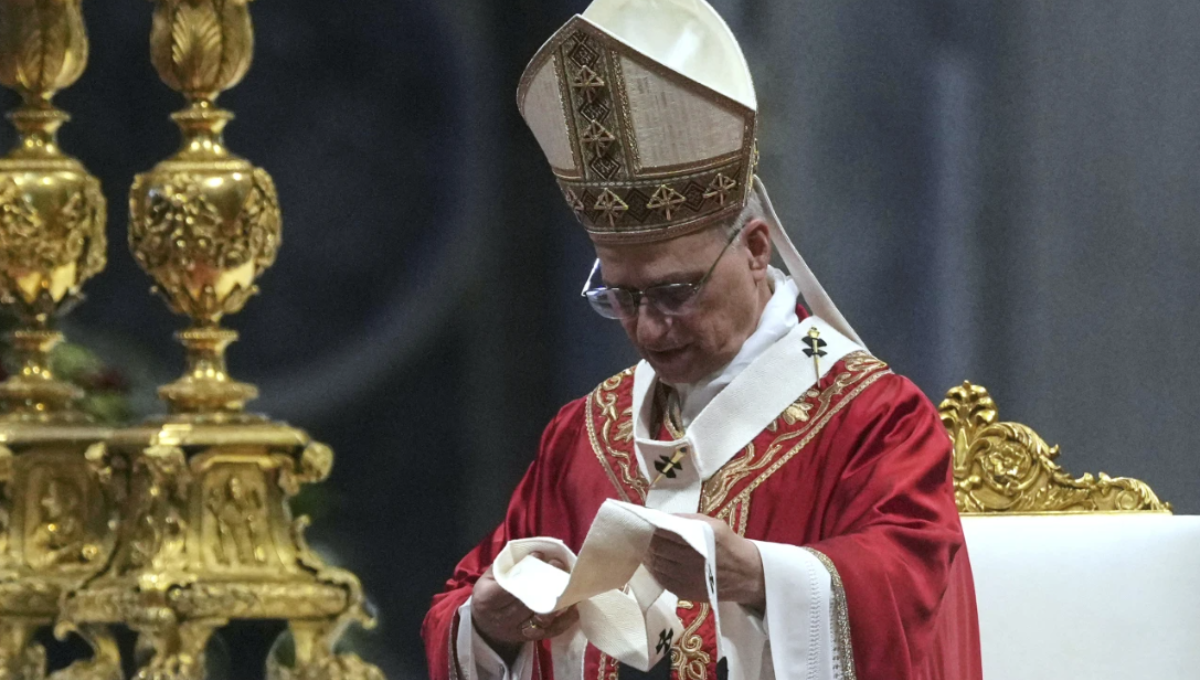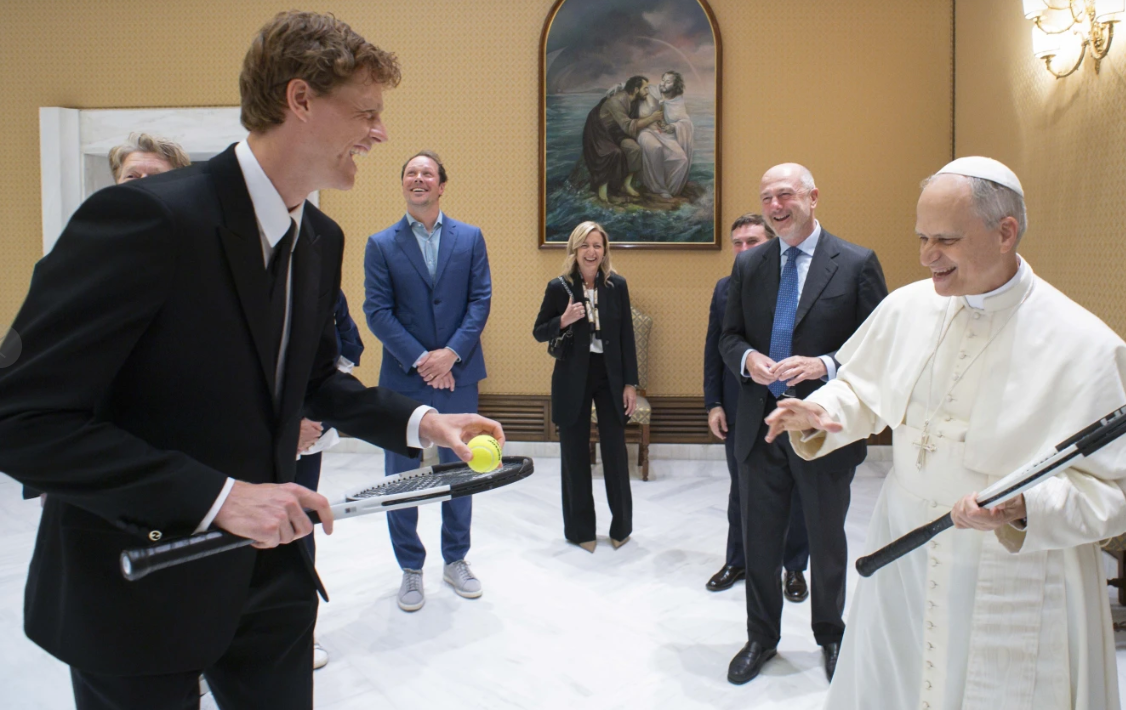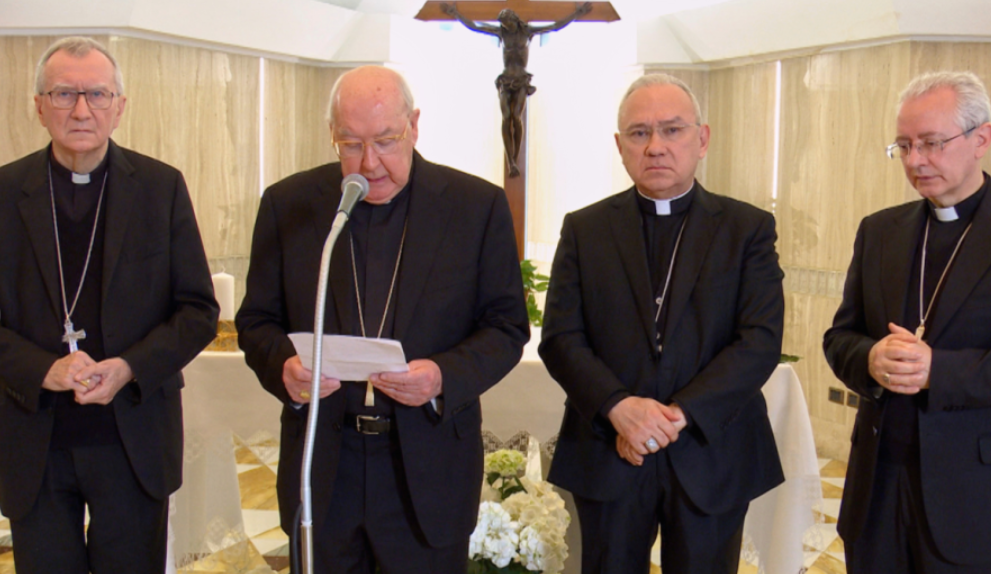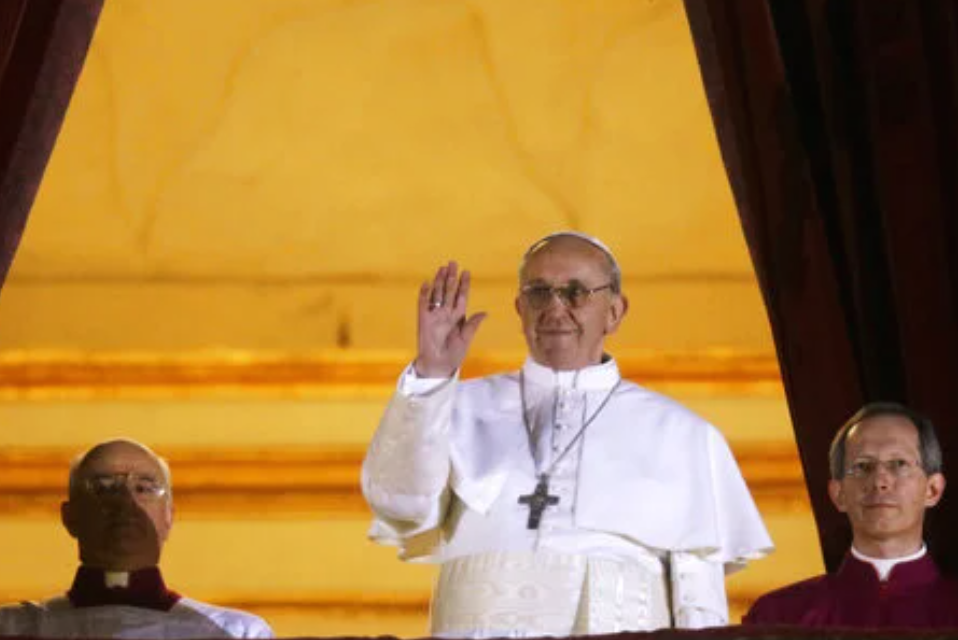Rev. Robert Prevost, now Pope Leo XIV, wrote his doctoral thesis on how local Augustinian leaders exercise authority, a topic that has gained fresh relevance given his new role as the leader of the Catholic Church, which has 1.4 billion followers worldwide.
The issue of how religious superiors wield authority has been widely studied, especially in light of recent scandals where that power was misused, often for exploitative or harmful purposes, including sexual abuse. This concern is particularly relevant given Prevost’s extensive experience: he served as the superior of the Augustinian order from 2001 to 2012, as bishop of Chiclayo, Peru, from 2014 to 2023, and as prefect of the Vatican’s dicastery for bishops from 2023 until his papal election last week. As head of this Vatican office, he dealt with bishop nominations and reviewed cases where bishops were accused of abusing their power.
Rev. Thomas Joseph White, rector of the Pontifical St. Thomas Aquinas University (also known as the Angelicum), where Prevost studied from 1981 to 1985, commented that Prevost’s doctoral thesis on canon law displayed a “mature and nuanced” understanding of religious life and authority, particularly considering his age at the time. Prevost’s academic years were during the period of the Second Vatican Council reforms and the adoption of the Church’s new legal code in 1983.
White noted that Prevost focused on religious authority in light of these reforms, emphasizing that authority should always be exercised selflessly, for the common good. One of the central themes in his thesis was based on St. Augustine’s concept of authority and service. As Prevost wrote, “There is no room in Augustine’s concept of authority for one who is self-seeking and in search of power over others.” He further stated, “The exercise of authority in any Christian community requires the setting aside of all self-interest and a total dedication to the good of the community,” emphasizing the foundational role of local superiors in leading with humility and service.
